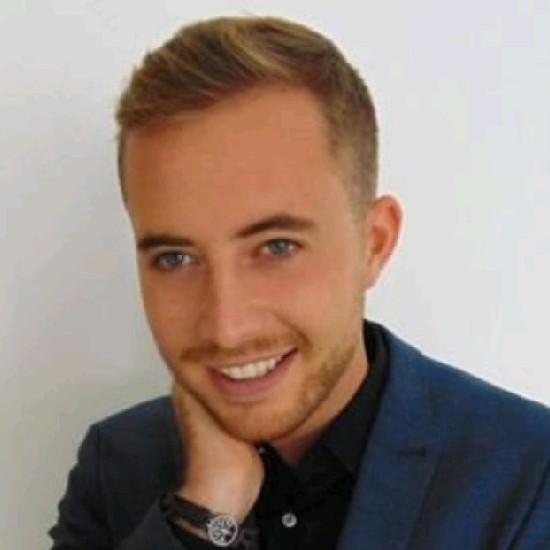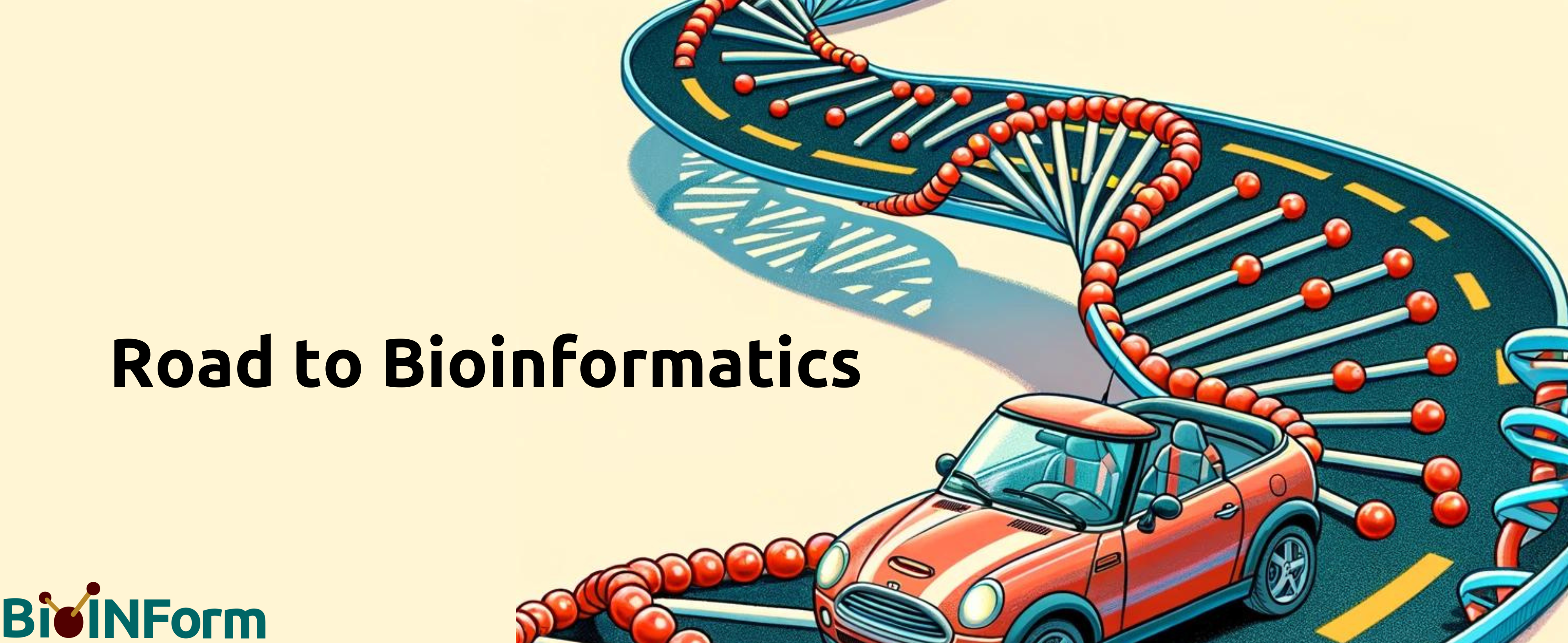My road to bioinformatics - Marco Anteghini
To the question “What do you want to be when you grow up?”, I have always answered “A scientist.” The idea of discovery has always fascinated me, as has conducting experiments, observing reactions, and sharing what I have discovered with my parents and friends. However, I did not know what type of scientist I wanted to become, and above all, it seemed very easy to become one, just as it would have been easy to choose one of my other dream jobs, such as a football player or a rock star.
My predisposition towards scientific subjects has always been evident, while I have always been quite bad as a football player and also rather mediocre as a musician. I attended a scientific high school; however, despite the word ‘scientific’ in its name, we had no idea of the possible scientific careers available. In a small town shrouded in the fog of the province of Ferrara, Emilia-Romagna (Italy), the most promoted scientific career was that of a doctor. The biologist was someone who ended up teaching alongside the chemist and the mathematician, and at that age, I wanted nothing to do with teaching, but I loved biology. To the question “How was science promoted in high school”, I would say - poorly, very poorly if one considers the limited view on possible careers to pursue in science.
What I wanted to be, I didn’t know, but I was beginning to understand what I liked. Biology was the subject I loved the most, but it contended for the top spot, at fairly regular intervals, with philosophy. When I talked about these two areas for my future university studies, I was regularly discouraged and advised to do something else, because with biology and philosophy “you can’t find a job”. Nothing could be more inaccurate. Anyway, I resigned myself to attempting the entrance test for medicine, considering biology only as a plan B.
I’ve already talked about biology and how much I liked it. I can say little about computer science, except for an anecdote that could almost be considered a paradox. My high school had a computer science focus. More precisely, it was called P.N.I., which stands for “Piano Nazionale di Informatica” in Italian, which means “National Computer Science Plan”. However, I saw very little computer science there, and the only thing that really differentiated it was the study of the German language which I never learned properly.
Bachelor
My laziness chose for me, or perhaps my true calling, it’s hard to say even now, years later. I attempted the entrance test for medicine, where I didn’t get in, and simultaneously for biology, where I ranked very high, so I decided to start what I really liked, which was biology, at the University of Ferrara. It could almost be said that my choice was a non-choice, at least not at a conscious level.
I surprised myself by noticing that the subjects I liked the most were genetics, biostatistics, and mathematics, that is, the more mathematical and statistical subjects, while I didn’t particularly appreciate zoology, botany, and those subjects purely related to evolution and nomenclature. A biologist who didn’t particularly like living beings. And a biologist who absolutely didn’t like the laboratory, lab coats, electrophoresis, agarose gels, and dilutions. Great future for a biologist, I thought. Then I realized there could be other paths, not just the “wet lab”.
Master
In the list of master’s courses with which to continue my career as a biologist, where I had very clearly understood what I didn’t like but still harbored some doubts about what I really liked, I stumbled upon ”bioinformatics”. An international degree program offered in Bologna (a wonderful city) that had in its curriculum only subjects related to computer science, mathematics-statistics, and those parts of biology that truly interested me, such as genetics and molecular biology.
I had entered a world that I actually didn’t know, having never programmed before, but the allure of the logic and structure of this new way of studying made me realize that this is what I wanted to do when I grew up and what kind of scientist I wanted to be. There wasn’t anything I didn’t like, though I admit to having moments of frustration in the initial phase when I felt very unprepared on issues strictly related to computer science. However, the strong practical component of the course gave me the foundations to bridge the gap relatively quickly, albeit with a lot of effort. A particularly noteworthy strength is that the course offered a preferential path to internship experiences (Erasmus) in prestigious universities and research groups in Europe, and there was a strong push to make us explore these groups to see how things are done abroad. A situation that I fully exploited.
Career
I am currently a bioinformatics consultant. I recently completed my PhD, which was mostly carried out in a small data science company in Berlin (Germany), before it was finished at the Zuse Institute Berlin for my final year. Throughout this, I was enrolled at Wageningen University & Research in the Netherlands, and this unusual arrangement for my doctorate was due to it being a European research project under the Marie Curie action, which saw me as an external doctoral student in the company. The 4 years of professional growth during my PhD allowed me to develop at the interface between academia and industry, so much so that, liking both realities, I decided to become a freelancer and I currently collaborate with both universities and private companies, choosing my projects. You would be surprised how sought-after the figure of a bioinformatician can be.
But what’s the point of learning all these different things if they are not passed on? That was the basic question that made me think (together with my fellow co-founders) about founding Bioinform.
Plans for the future
In the future, I will do exactly this; I have just started my freelance career and have already fallen in love with it.
To avoid falling behind, I regularly review for bioinformatics journals like Oxford Bioinformatics and Briefings in Bioinformatics, so I’m always up to date on the latest developments. Most importantly, by teaching bioinformatics courses, I surround myself with people younger than me who are naturally the ones who bring more stimuli towards staying updated and informed.

